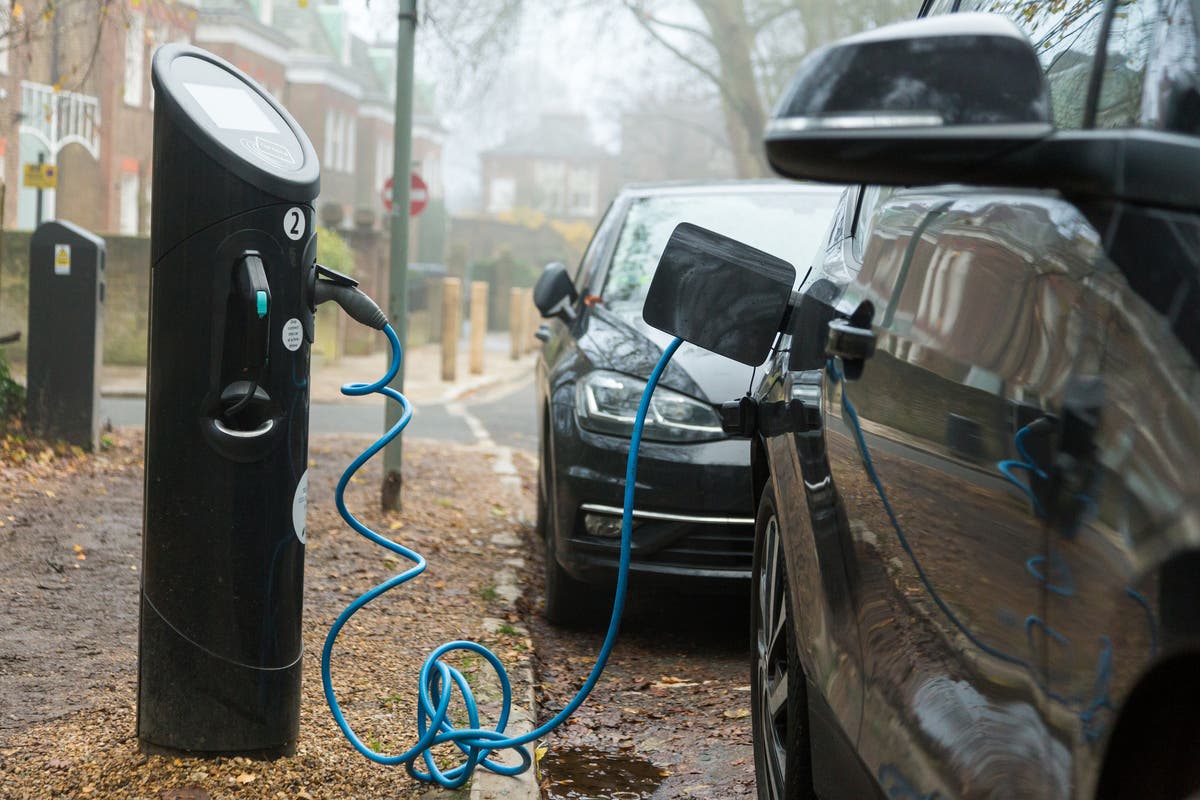Electric car drivers in the UK pay twice as much as in some European countries for public charging of their vehicles.
Data from the European Alternative Fuels Observatory as of August shows that British motorists driving EVs pay an average of €0.68 (57p) to charge their vehicles – the sixth-most expensive price per kilowatt-hour (kWh) of electricity in Europe.
According to the European Free Trade Association (Efta), on average, electric car drivers in Europe spend €0.48 (40p) per kWh at public charging points, reports The Times.
The ‘ad-hoc’ prices from direct current (DC) charge-point operators reflect the average cost of recharging when done without a subscription.
In comparison, Croatian motorists looking to charge electric vehicles pay just €0.33 (28p) per kWh, alongside Iceland (€0.37) as the countries with the cheapest public charging points.
As for the most expensive, drivers in Austria spend €0.94 (78p) per kWh followed by an average electric charging cost of €0.81 (68p) in Germany.
Electric vehicles have a range of options for refuelling, including private and public recharging points. However, recharging your car at home is generally the cheapest option when it comes to electricity prices.
An analysis by EVPowered estimated that the typical 10–80 per cent DC charge of a family EV, such as the 77kWh Volkswagen ID.3 Pro, would cost €36.65 (£31.26) in the UK, roughly £16 more than in Croatia.
In 2023, the Public Charge Point Regulations came into force to ensure motorists can easily locate the right public charge point and compare prices across multiple public charge point networks.
Founder of the campaign group FairCharge, Quentin Wilson, toldTimes Radio: “Unless we reform our electricity network and our market it’s going to make it very difficult for growth and very difficult for people to charge electric cars on the public charging network.”
Wilson called on the government to “help cut the VAT from 20 per cent to five per cent in line with domestic charging”.
“Let’s pull some simple tax-efficient levers to make it easier for consumers to adopt,” he added.
The 2024 manifesto for EV Drivers by EVA England said: “The public charging network must be fairly and consistently priced as more drivers rely mostly on public charging. Diverting green levies towards gas or general taxation would avoid penalising EV drivers with higher electricity consumption, whilst lowering VAT on public charging would address the discrepancy with lower private charging costs.”
For more travel news and advice, listen to Simon Calder’s podcast

